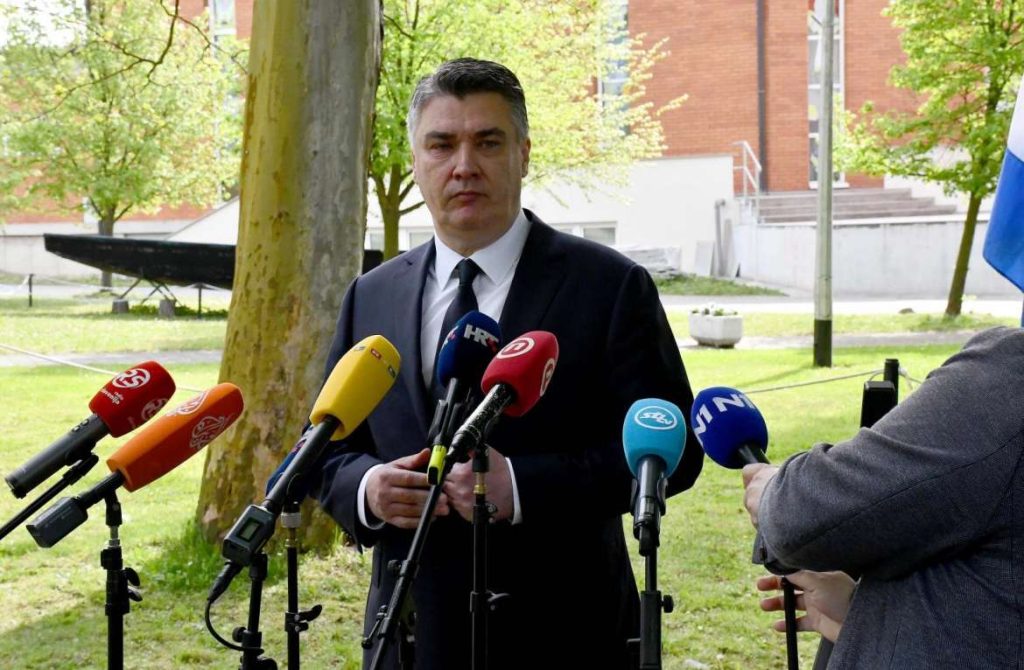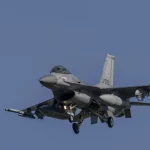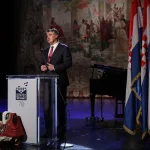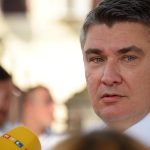“There is a change in Split, too, but a little different. The biggest change is in Zagreb. 65% of people voted for one group which is very liberal (…). Some of their ideas are experimental even for Copenhagen. That’s a whole spectrum of green-left ideas which have found an audience and communicators in someone else, and once that was solely the SDP,” he told the press.
Asked about the Zagreb mayoral campaign of the Homeland Movement, the president commented on the party’s name and its president Miroslav Škoro.
“There is no homeland movement. A homeland movement can’t be led by someone who fled from Osijek to America, drifting among various ex-pat clubs, but not Croatian ones (…) That’s not a homeland movement, I don’t recognize that. It’s usurpation. That (term) should be protected, like the Croatian name.”
Enforcing public holidays isn’t good
Milanović also commented on the marking of Statehood Day on 30 May, saying that such “enforcing of public holidays” and of collective consciousness and emotions was not good.
He said that the date was imposed in 1991 as a holiday of the HDZ party and was later changed by politician Vlado Gotovac.
“Then comes Plenković, who has the need to prove that he has always been in the HDZ, despite hitching a ride at the last minute, and enforces, with a simple majority, a public holiday which is really a party holiday.”
Milanović said he could accept 30 May as Croatian Parliament memorial day, which it had been for 20 years, but not as Statehood Day. In Croatia, one can only talk about Independence Day, which all European states have, he added.
“What kind of statehood are we talking about if it was created one Sunday in 1990 because one party won, by one election law, the majority in the parliament of a socialist republic within one multinational federation?”
Milanović said young people should be told the truth which, he added, was not bad for Croatia at all.
“Our path was just, fair, and eventually successful. As long as Croatian boys, based on decisions of Croatian bodies in Croatian people’s defense secretariats, were conscripted by the JNA (Yugoslav People’s Army) for their military service, it’s pointless to talk about independence or statehood as the HDZ sees it.”
Only when that stopped, which it did after the lining up of the Croatian National Guard (in Zagreb in 1990), not one more young Croatian boy served in the JNA, Milanović said. “That’s the divide.”
For more on politics in Croatia, follow TCN’s dedicated page.











